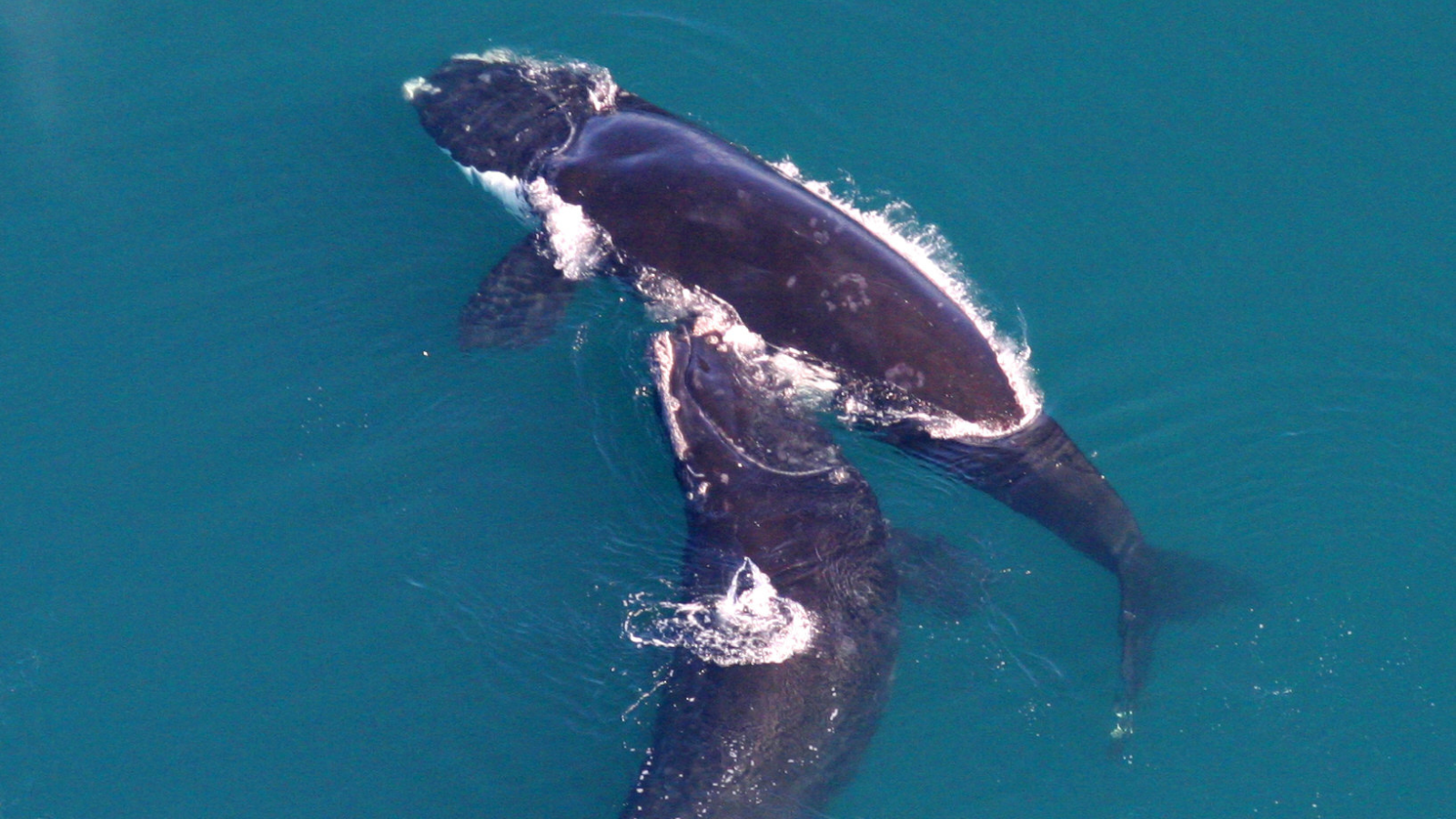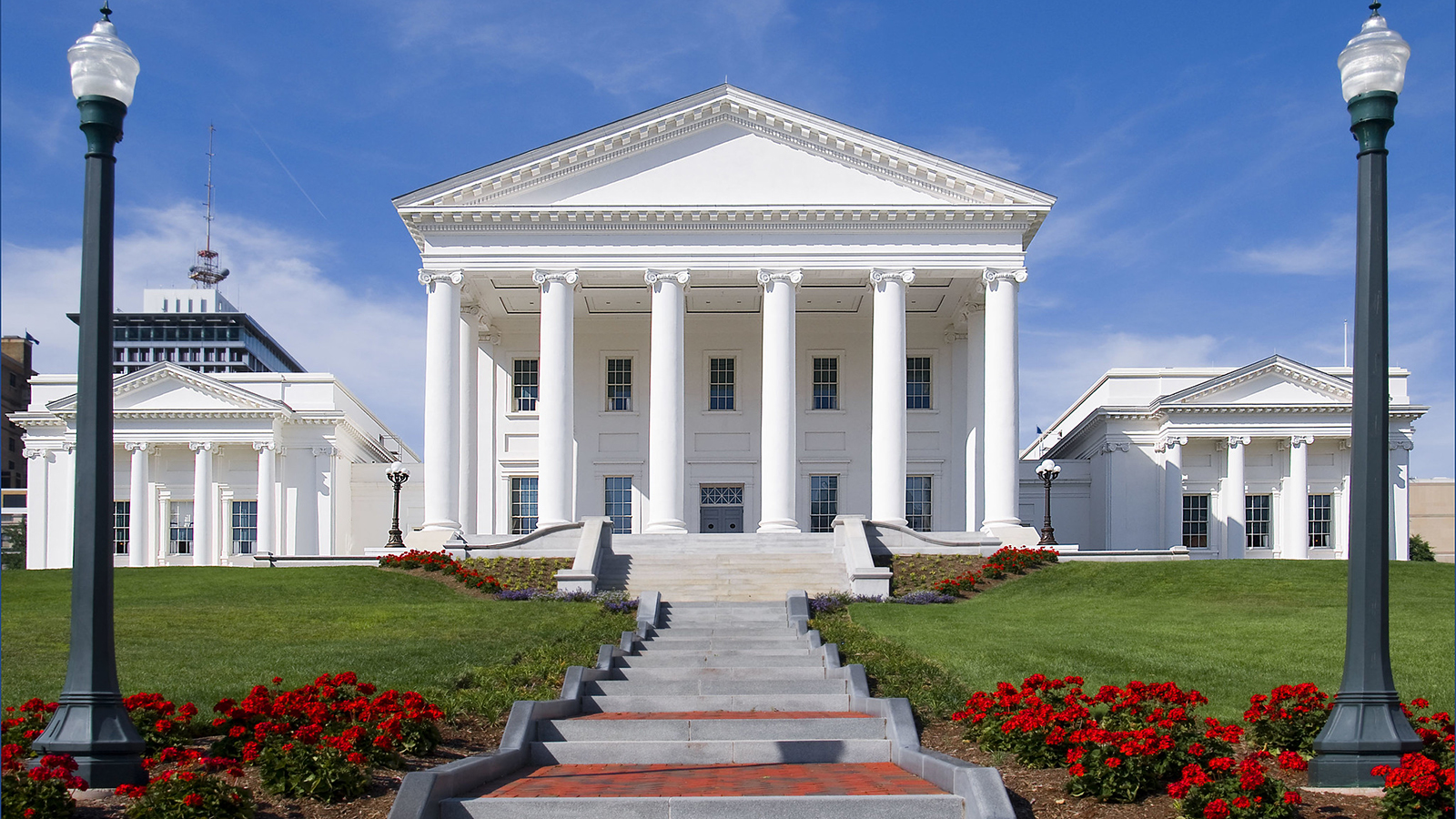General Assembly Crossover Update
The first half of the 2023 General Assembly is in the books and from climate change to plastic pollution and toxic chemicals in our water, we have been busy fighting to protect our air, water and special places in Virginia. Here are some of our biggest takeaways from the first half of the General Assembly session.
Happy Crossover for all who celebrate! Crossover is the last day that action can be taken on a bill (other than the budget bill) before it needs to cross over to the other chamber. For a bill to make it to the Governor’s desk, it needs to pass both the House of Delegates and the Senate. So a bill that is introduced in the Senate, needs to pass in the Senate by today and then crossover to the House of Delegates where it goes through the same process again.
Here are some of our biggest takeaways from the first half of the General Assembly session.
Defending Climate Action
So far the Virginia Senate Agriculture, Conservation and Natural Resources committee has done great work to defend our climate progress in Virginia by killing several bills that would rollback climate action. The Virginia Clean Economy Act, the Regional Greenhouse Gas Initiative and our zero & low emissions vehicle mandates are historic policies that make Virginia a leader in the nation and we are happy to see our leaders continue to uphold our landmark legislation. We expect to see some bad bills for our climate to crossover from the House of Delegates so it is important to thank our senators for protecting climate progress so far and urge them to continue to do so.
Standing up to greenwashing in recycling
We cannot recycle our way out of the plastic pollution crisis. In fact, plastic recycling is extremely difficult, costly and oftentimes environmentally unfriendly. This is especially true for cheap, flimsy, single use plastics such as foam, film, and straws. Unfortunately, VA legislators continue to put forth legislation to bring “advanced recycling” to Virginia. Not only is this not going to solve the plastic pollution problem, it is not recycling. When the industry refers to “advanced recycling”, what they mean is turning plastics into fuel or fuel additives to be burned, contributing to climate change and doing nothing to reduce litter.
We are for real, proven solutions to plastic pollution (such as establishing minimum rates, collection incentives, or holding producers responsible) and therefore are opposed to plastic to fuel facilities in Virginia and attempts to aid or fund these facilities. We are happy to report a handful of bills that would have either funded facilities or prohibited localities from preventing facilities have been defeated. We will continue to have to educate lawmakers on this issue but for this year, we are happy that those bills did not pass.
Failing to address plastic pollution
Unfortunately, our leaders did not advance any bills that would have reduced plastic pollution in Virginia. The first thing we must do to combat plastic pollution is to eliminate the most harmful types like single use foam, plastic bags, straws, and cutlery. There were two bills from Senator Edwards this session that would have eliminated such products but they did not advance out of their committees.
We would also like to highlight Delegate Clark for bringing forward what we considered a very common sense bill to study microplastics in our drinking water. Microplastic is considered an emerging health concern and something we could benefit from studying. This bill also failed in the House Chesapeake subcommittee.
We are disappointed in the lack of action considering how popular plastic pollution reduction policies are in Virginia. We look forward to continuing to educate our decision makers on how we can protect our environment from harmful plastic pollution and work towards bipartisan support to take action once again.
Forever chemicals in Virginia
PFAs are what we call forever chemicals that persist and do not easily break down. They are in many everyday products and eventually accumulate in our bodies. PFAs are associated with a wide range of health problems but little is being done to eliminate PFAs. This session there was a bill to keep PFAs out of children’s toys which failed to pass the House of Delegates.
One bill (HB 2189) that we will continue to watch that would require water treatment plants to test for and to inform customers of PFAs found in drinking water. Industrial users shouldn’t be able to send toxic PFAS to our sewer systems to begin with. The state’s pretreatment standards should ban industrial users from sending PFAs to our sewer systems. While we need to address this issue at the source and stop this toxic flow, the least we can expect is the right to know.
More nature, More funding, More to come on the budget
Virginia is home to many special places from the Blue Ridge Mountains to the Chesapeake Bay. It is important that we fund conservation efforts in the Virginia budget. Funding our parks, wildlife corridors and trails is critical to maintaining the health of our wildlife and wild spaces. As legislators work through the budget this week, we will fight for record funding for Virginia’s nature as well as for our other environmental priorities.
Topics
Updates
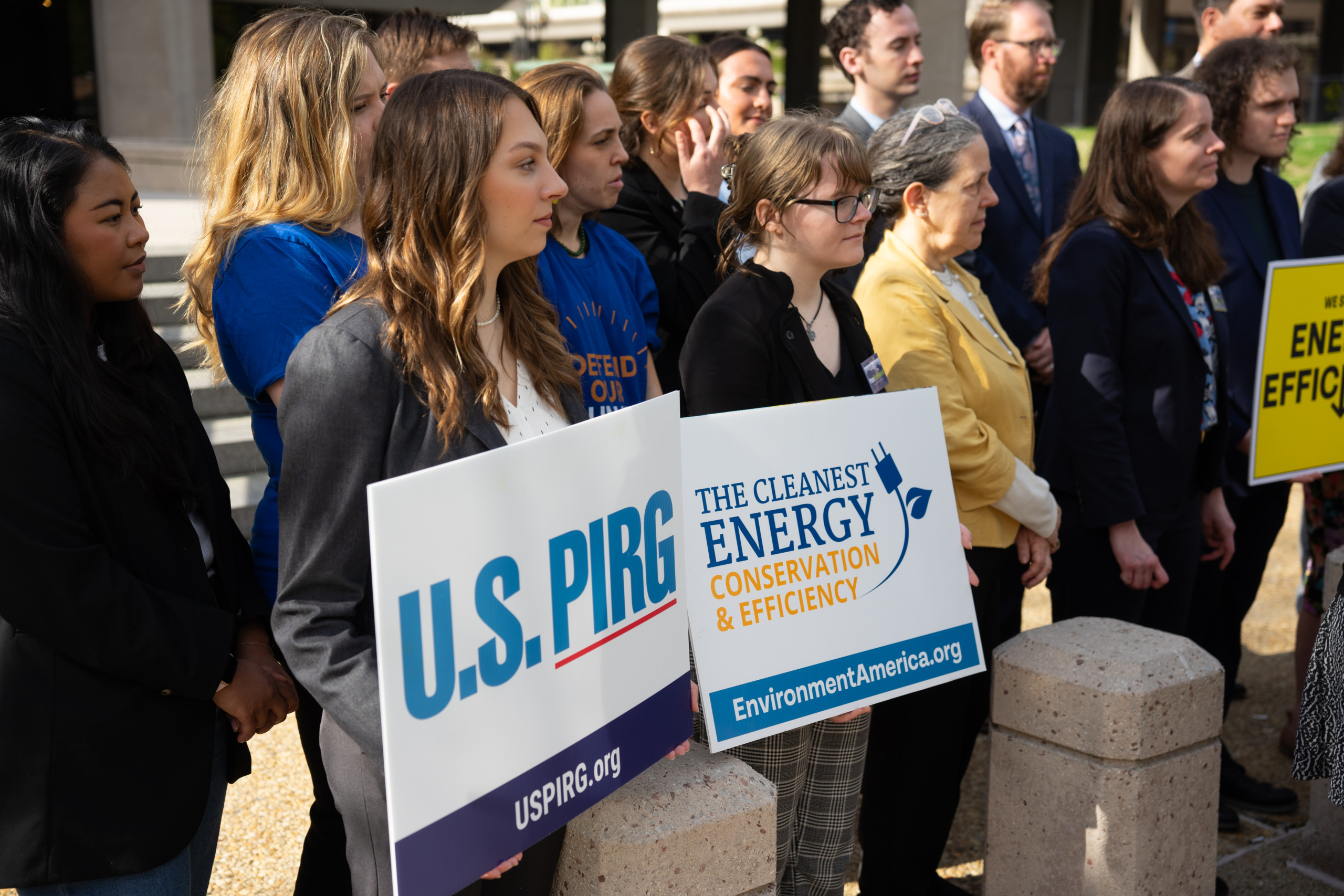
Energy Conservation & Efficiency
Groups urge Biden to ‘Finish the job’ on appliance efficiency
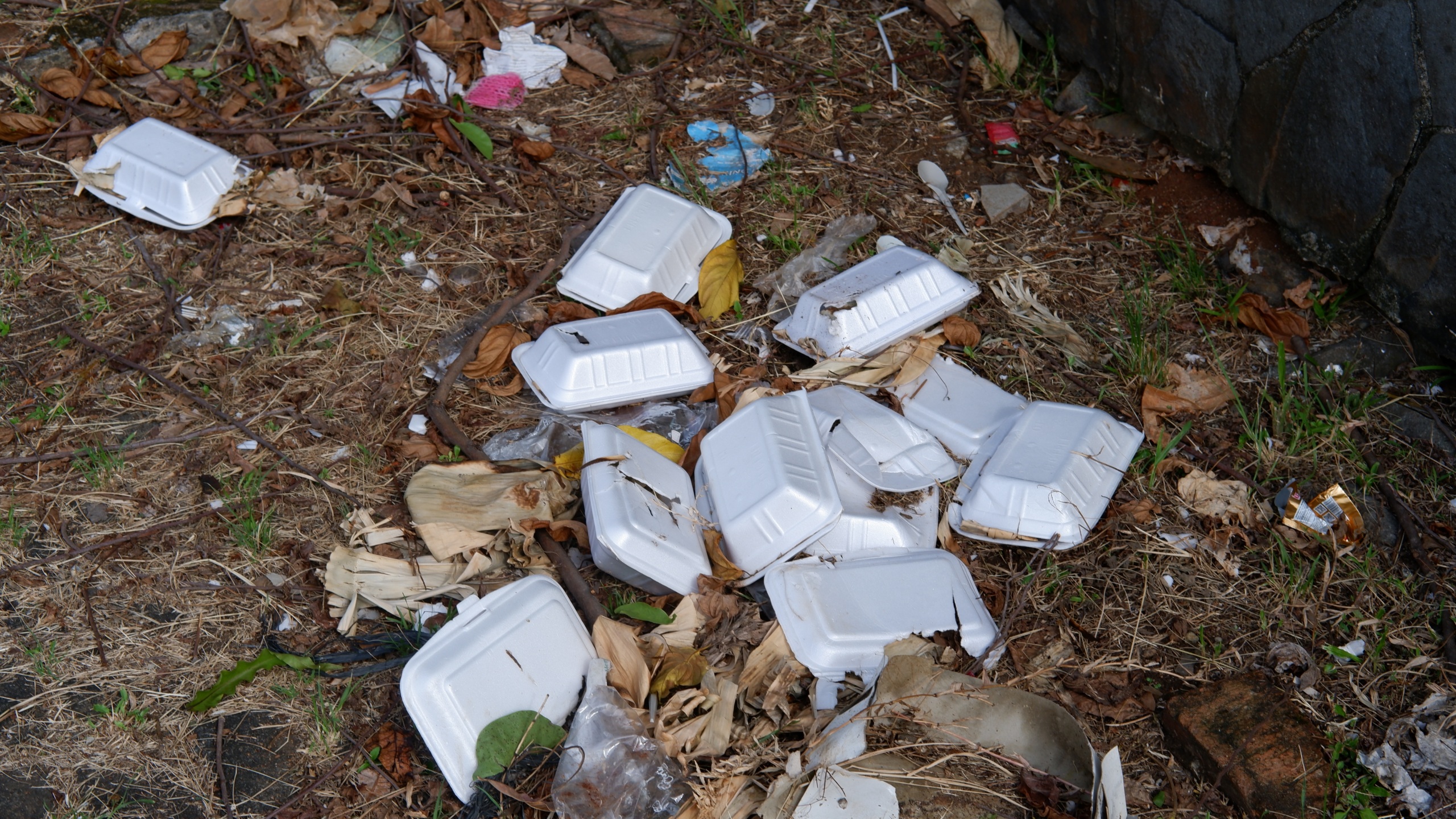
Youngkin budget amendment would delay foam ban
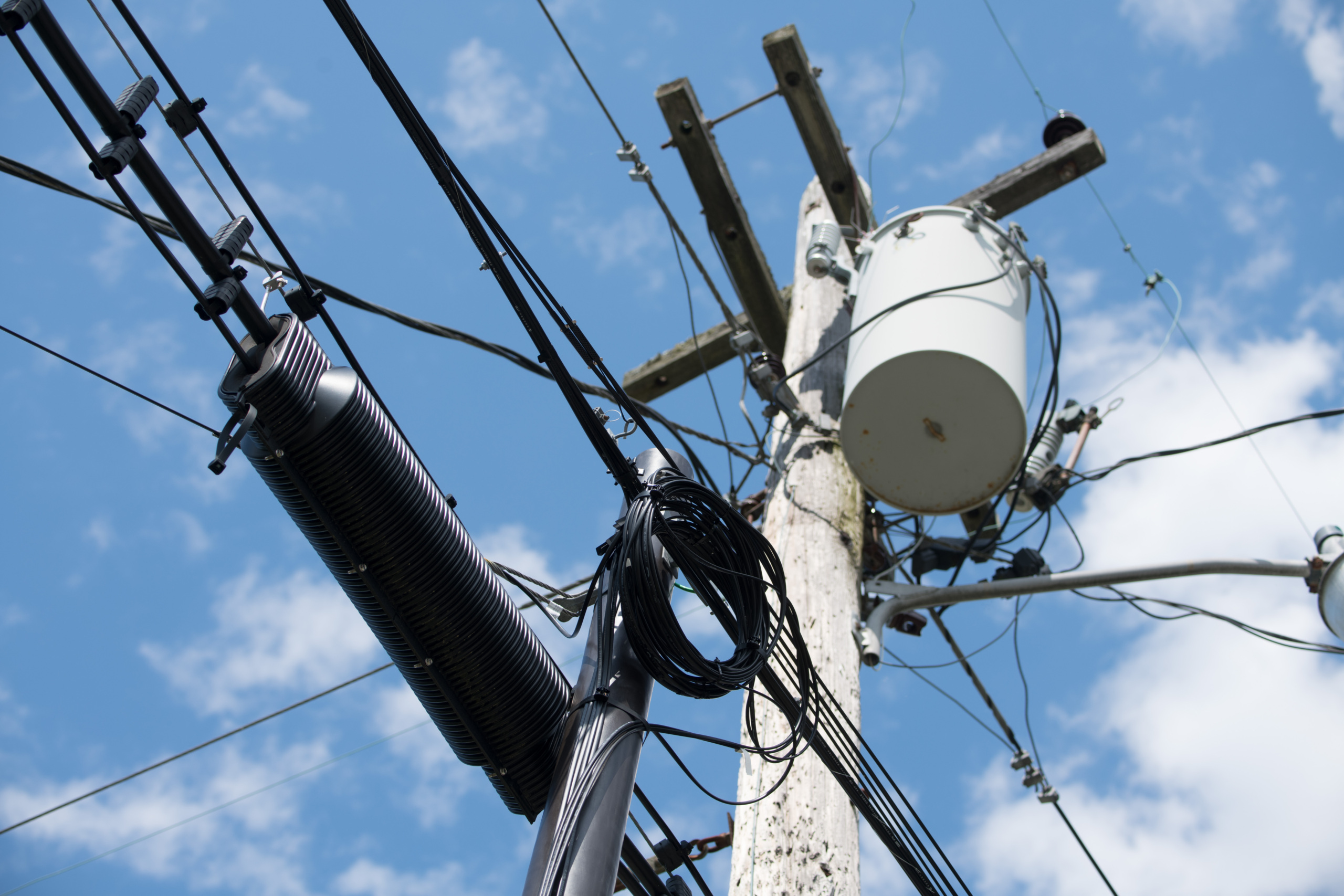
Energy Conservation & Efficiency
Transformer efficiency rule leaves energy savings on the table
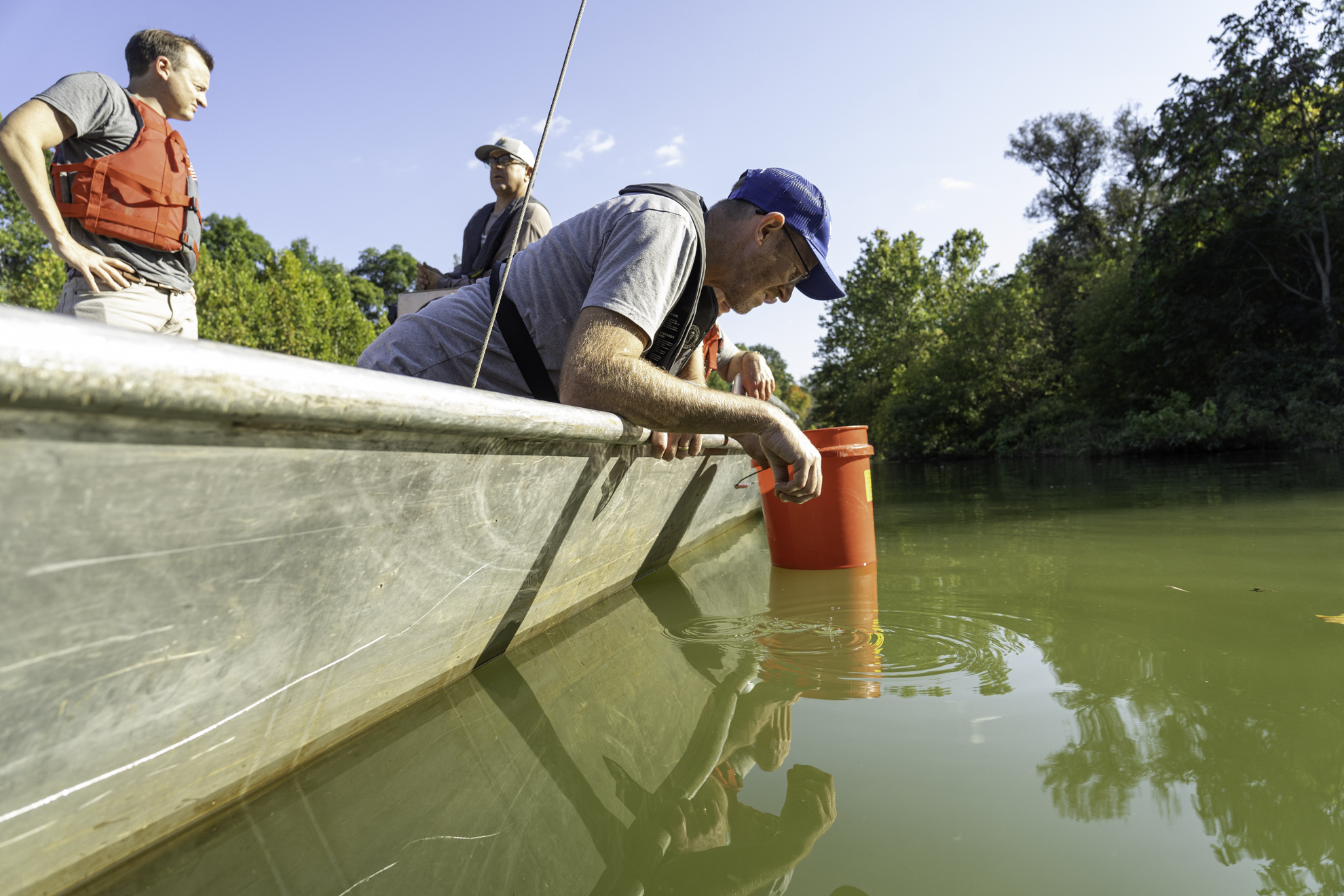
Clean water groups urge Congress to tackle microplastics
